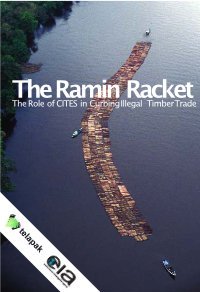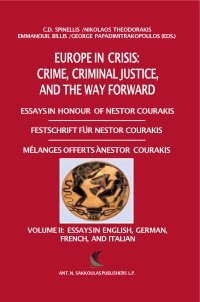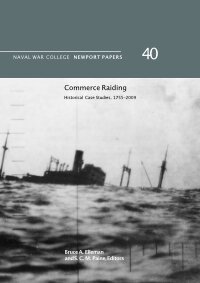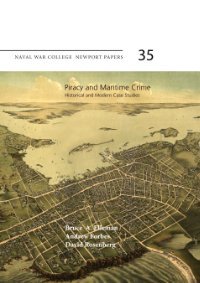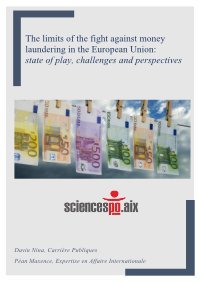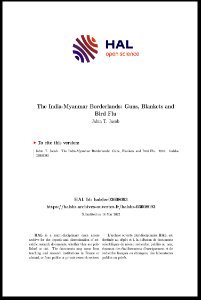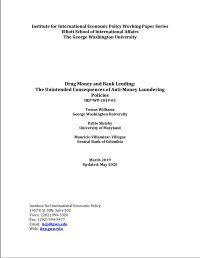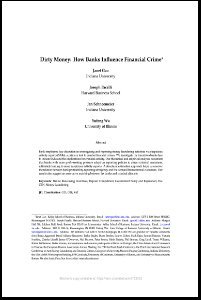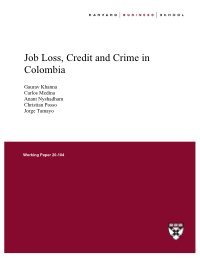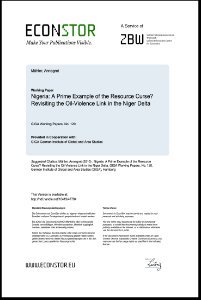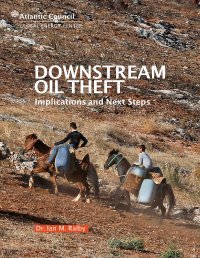By Davin Nina 1 Péan Maxence
Money laundering is an activity that consists of legitimizing the proceeds of crime by integrating them into the economic system. The primary objective of this process is to conceal the origin of money from illegal activities (drug trafficking, insider trading, corruption, etc.). The proceeds of these crimes take different forms. It can be cash, financial assets or material objects (works of art, jewelry, etc.). Money laundering is most often carried out in three distinct stages: placement, layering and integration. The placement stage consists of placing the dirty money in the financial system. Most often, criminal organizations come through companies to increase the inflow of capital, which is then deposited in a banking institution. Afterwards, the stratification process takes place, which consists of a large series of conversions and movements of funds in order to mask the origin of these products. Finally, once the money is laundered, it is reused by criminals to finance their activities. Today, the emergence of new information and communication technologies (NICT) in particular is giving a new boost to money laundering activities. The advent of online payment systems, crypto-currencies and dematerialized cash transfers make it even more difficult to track down illegal money transfers. Moreover, the multiplication of online auctions or gambling sites greatly facilitates money laundering. Faced with the development of these new methods, the authorities of European countries are trying to set up a new system to fight against money laundering, in particular by strengthening their cooperation. In addition, following the numerous attacks that occurred in the decade 2010-2020, the fight against the financing of terrorism has become the focus of these institutions. Despite the strengthening of the fight against money laundering and terrorist financing (AML/CFT), the latter "has weaknesses1". These weaknesses are based on "institutional fragmentation and insufficient coordination at the European Union level2" but also because the EU bodies have "limited tools". Furthermore, following the work of many researchers, it is estimated that today the fight against money laundering and terrorist financing is liberticide. Indeed, as early as 2003, a report by the CNIL pointed out the numerous liberticidal measures to fight against money laundering. In this paper, we will first present the framework of the fight against money laundering and terrorist financing in the European Union (I), then we will describe the main flaws of this system (II), and finally we will demonstrate that this fight is today deeply liberticidal, notably because of the tools it uses (III)
Sciencespo.aix. ND. ca. 2021.p.12.


